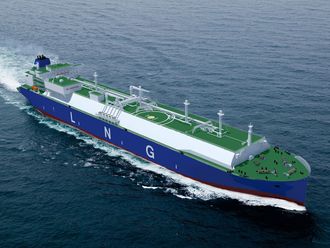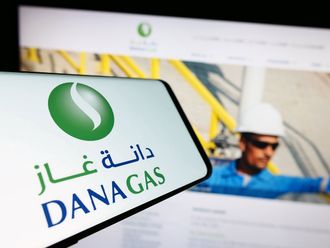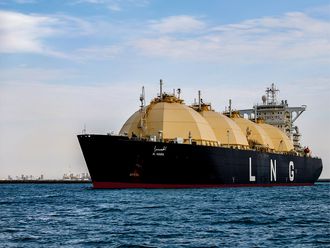Abu Dhabi The UAE's average oil output in January was at 2.58 million barrels per day (bpd), unchanged from December, latest data from the Paris-based International Energy Agency (IEA) showed.
The IEA said the Organisation of Petroleum Exporting Countries' (Opec) crude oil supply in January largely reflected the steady ramp-up in Libyan output, as well as "sustained output from Saudi Arabia and the UAE".
The IEA figures showed the UAE had a sustainable production capacity of 2.74 million bpd.
Officials at the UAE Ministry of Energy weren't immediately available to comment on the IEA's figures.
Though new international sanctions targeting Iran's oil exports do not take effect until July 1, several European customers have already curtailed imports of Iranian crude and Asian buyers are also moving to line up alternative supplies, the IEA, which advises 28 industrialised countries on energy policy, noted.
"The UAE, Libya and Iraq are all expected to bring on new production capacity over the course of 2012, potentially as much as 850,000 bpd, while non-Opec supply is expected to rebound to the tune of nearly 1 million bpd in 2012," the IEA said.
Khalid Al Awadi, a local energy analyst, told Gulf News: "If the market requires more oil, the UAE has the ability to make up for some of the shortage in the market in the event of Iranian production going offline.
"The UAE can increase its output by about 200,000 bpd if need be.
"The international oil prices this year would range between $110-$150 (Dh404-Dh551) a barrel. They are highly unlikely to drop below this range."
However, Al Awadi added that if any serious crisis develops in the region, oil prices may spike above $150 a barrel, but only for a short time.












